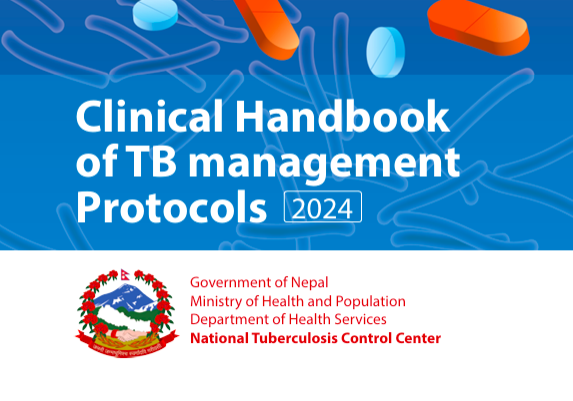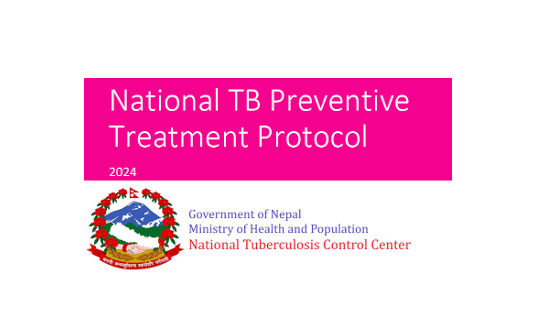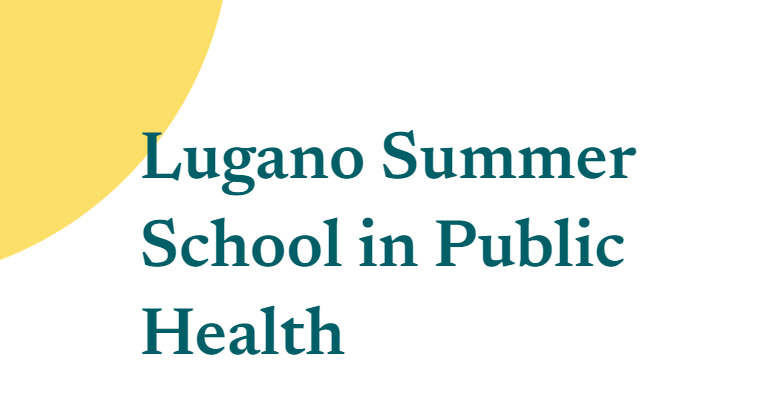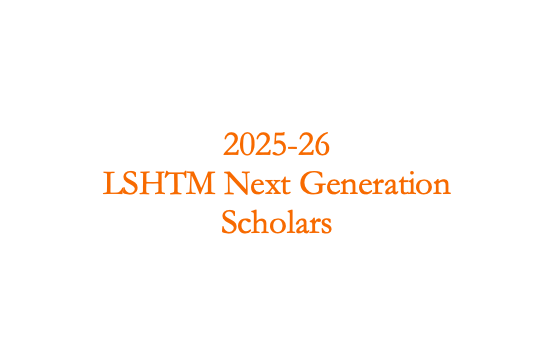Overview
World Glaucoma Week, organized by the World Glaucoma Association (WGA), is a global initiative aimed at raising awareness about glaucoma. Through a range of interactive activities worldwide, it encourages patients, eye-care professionals, health authorities, and the public to take part in efforts to protect vision. The primary objective is to emphasize the importance of regular eye and optic nerve examinations for early glaucoma detection. This year, World Glaucoma Week will be observed globally from March 9 to 15, 2025, with various events and initiatives.
Theme 2025
This year’s theme “Uniting for a Glaucoma-Free World” focuses on bringing communities worldwide to fight together against glaucoma blindness. Become involved and be a part of the activities organized over the globe. Help us raise awareness worldwide and learn more about glaucoma.
Facts (WGA)
- Glaucoma remains the leading cause of preventable irreversible blindness worldwide.
- Currently, an estimated 78 million people are diagnosed with glaucoma globally, and this number is projected to rise to 111.8 million by 2040.
- One in 200 individuals aged 40 has glaucoma, with the prevalence increasing to one in eight by age 80.
- As the global population ages, the incidence of glaucoma is expected to escalate, making it a growing public health concern.
- Early detection through regular eye examinations is crucial, as glaucoma often presents without symptoms in its early stages.
- Once vision is lost due to glaucoma, it cannot be restored; however, early diagnosis and treatment can prevent further damage.
World Glaucoma Association
Related readings
- Eye Care Situation Analysis of Nepal
- Rapid Assessment of Avoidable Blindness (RAAB) Survey in Nepal
- World Glaucoma Week
- World Glaucoma Day
- World Glaucoma Week 2021: ‘The world is bright, save your sight’
- World Glaucoma Week March 6-12, 2022
- World Glaucoma Week
- National Eye Health Strategy 2079-2086
- World Sight Day 2021: Love Your Eyes!
- World Sight Day 2022: LoveYourEyes
- EYE, ENT and Oral Health Manual for School Teachers and FCHVs












